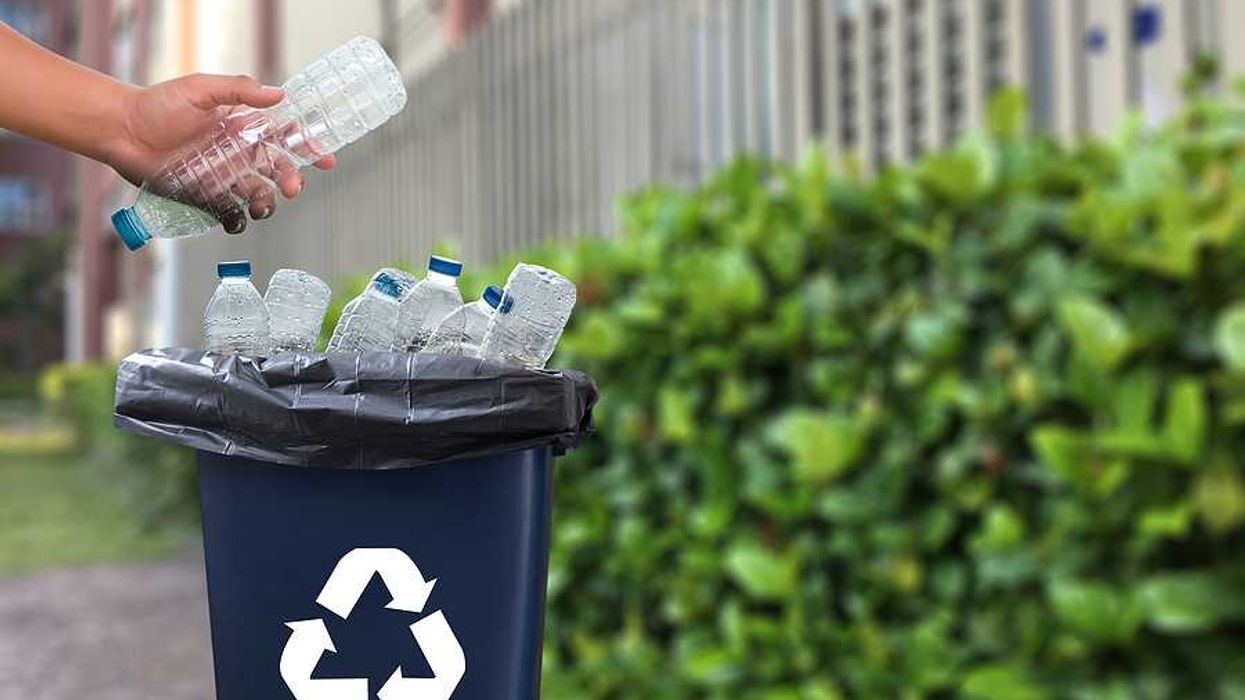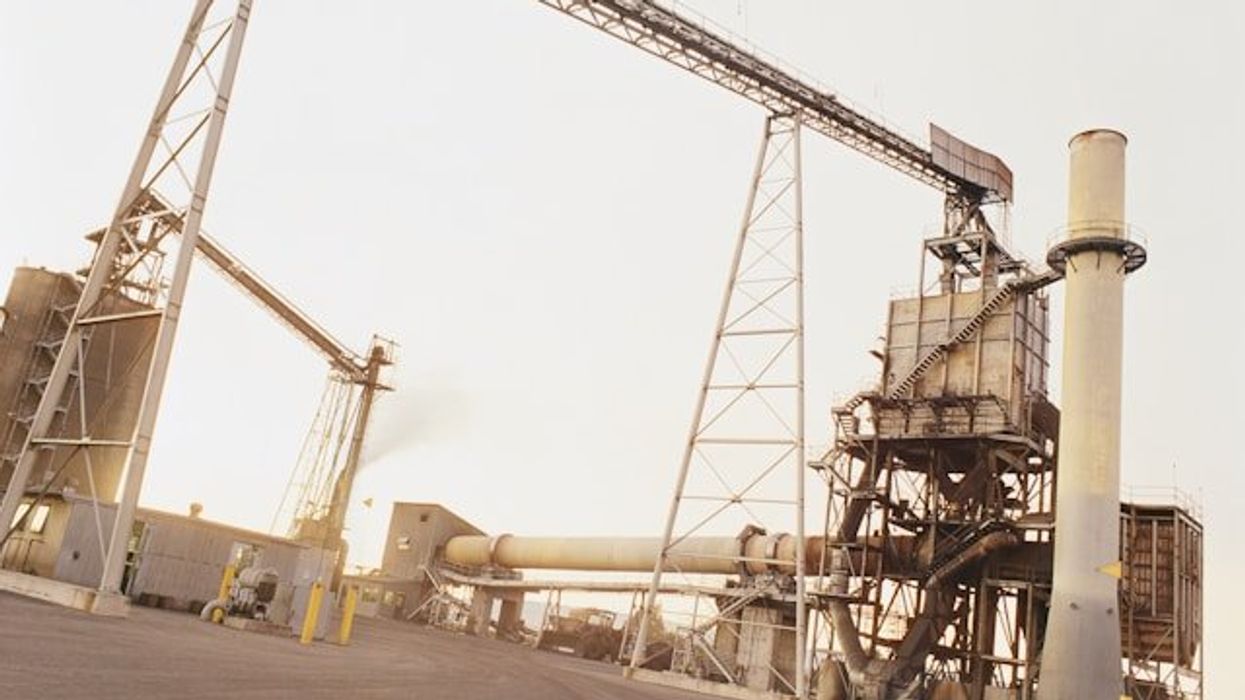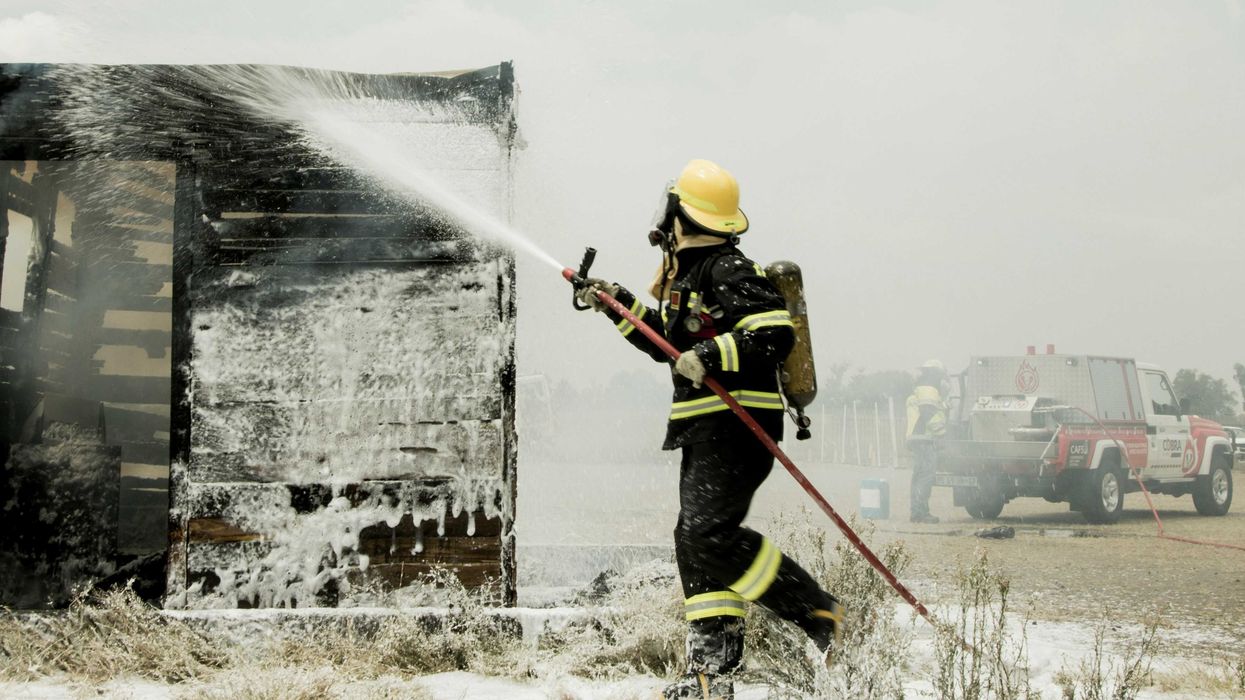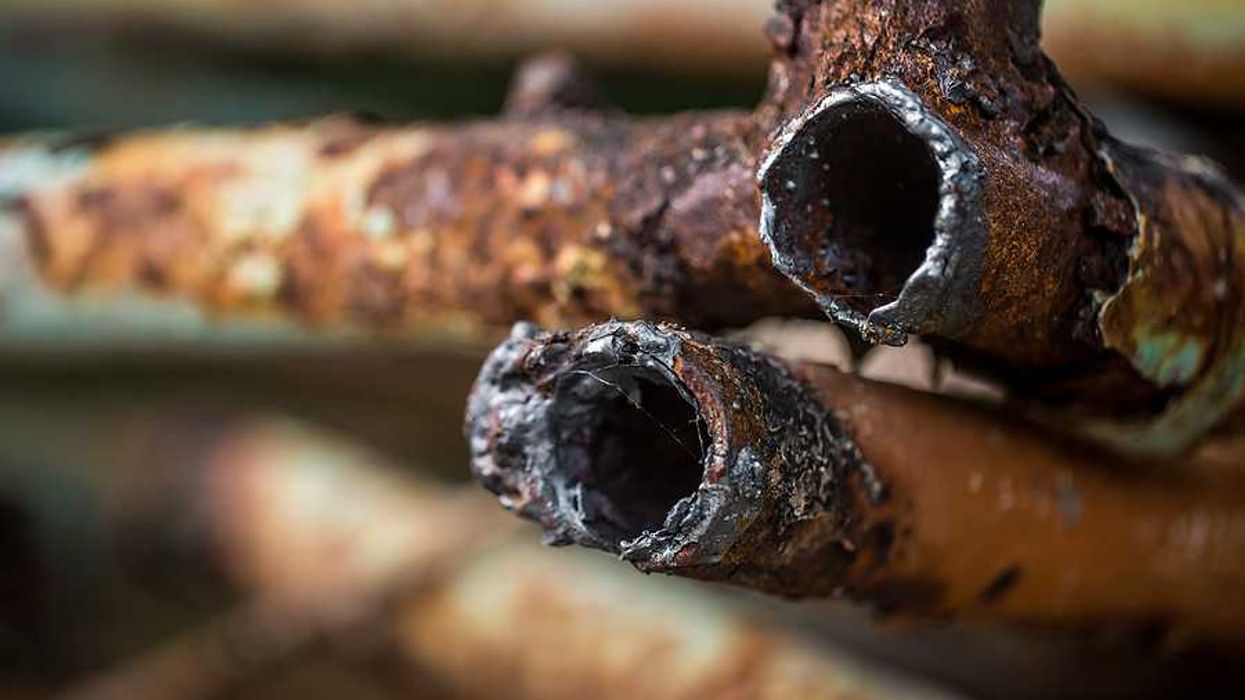Despite California's bans on certain rodenticides, a new study found that turkey vultures in Los Angeles continue to test positive for the chemicals, revealing how deeply they persist in the ecosystem.
Shi En Kim reports for High Country News.
In short:
- Anticoagulant rodenticides, which cause internal bleeding, remain in carcasses for months, leading to secondary poisoning in wildlife like raptors, coyotes, and mountain lions.
- Blood tests showed that 13% of sampled turkey vultures in Los Angeles had been exposed, though past necropsies suggest long-term exposure rates are much higher.
- While California has restricted these poisons, exemptions for agriculture and illegal use keep them in circulation, threatening already vulnerable species like spotted owls and California condors.
Key quote:
“I consider them to be like our modern-day DDT, due to the fact that they have infiltrated the entire food web.”
— Lisa Owens Viani, director of Raptors Are the Solution
Why this matters:
Rodenticides don't just kill rats — they ripple through entire ecosystems, harming predators that naturally keep rodent populations in check. Poisoned wildlife, from vultures to endangered birds of prey, signals a broader environmental crisis. California’s laws have reduced some deaths, but loopholes and illegal use allow these chemicals to persist. As climate change extends rodent activity, reliance on these poisons may only worsen the problem, putting more species at risk.
Related: Winged Warnings: Built for survival, birds in trouble from pole to pole













